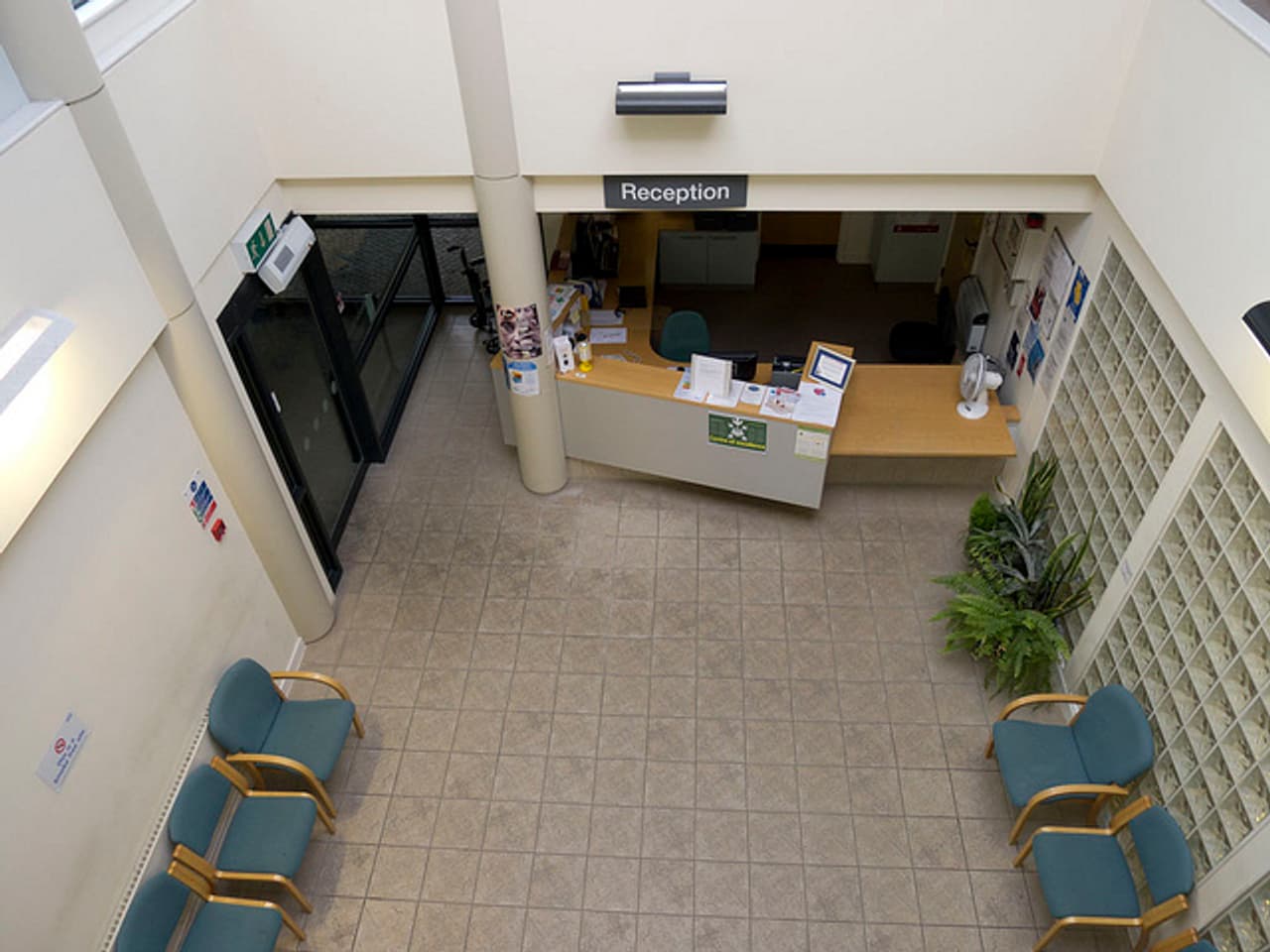
NHS forced to close walk-in health centres because they are ‘too popular’
Walk-in health centres are closing or having their opening hours reduced because they have proved so popular they are becoming unaffordable.
Most of the centres opened less than three years ago under a flagship Labour scheme aimed at improving access to primary care and reducing demand on A&E services.
But instead of being used by people not registered with a doctor, the walk-in centres have also proved extremely attractive to patients unable to get timely or convenient appointments with their own GPs.
Get the data: Walk-in centres in jeopardy
This has meant demand for the services has often been far higher than anticipated and now primary care trusts (PCTs), many of which are struggling to balance their books, are being forced to cut opening hours, or even close the centres.
Flawed thinking over policy
Research by the Bureau has identified 18 centres across the country that have been closed, are under threat of closure or have substantially reduced their opening hours.
Instead of unregistered patients, most of those seen at walk-in centres are people that have been unable to get a convenient appointment at their GP surgery.
In Yorkshire Bradford’s Hillside Bridge centre, which was opened in 2008 by then health secretary Alan Johnson, was expected to provide care for 540 walk-in patients by 2013. By December last year it was already seeing 1,530 patients, with no corresponding fall in A&E admissions registered in local hospitals. The centre’s opening hours are currently under review.
This April a centre in Bedford had its opening hours cut by an hour and a half a day because excess demand meant it was running £100,000 over budget.
A walk-in service in Barnsley closed last October after being overwhelmed by four times the expected number of patients. And in Calderdale, West Yorkshire health bosses are reviewing the future of two walk-in centres where demand has put huge pressure on the facilities. Their hours have already been cut.
Health chiefs in many areas incorrectly predicted the centres would mainly attract patients not already registered with family doctors, and they expected A&E attendances to plummet as a result. However there is little evidence that this has been the case. Instead many of the patients seen at walk-in centres are people that have been unable to get a convenient appointment at their GP surgery.
NHS Calderdale medical director Matt Walsh told the Yorkshire Post the centres were unaffordable: “The level of demand is much higher than we commissioned. The majority of patients using the walk-in are doing so with non-urgent conditions in core hours when they could be seen by their own GP practice,” he said. “There has been no reduction in A&E attendances and patients have not chosen to register with the practice.”
Closures across the country
Other areas where centres have closed or are closing despite their popularity include Salford and Nottingham which have each closed two walk-in centres, Manchester, which is closing three, and Stockport, whose centre is closing during GP opening hours. NHS chiefs are considering closing a further centre in Peterborough.
In Trafford a centre has been closed since December 2010, “until further notice”.
In the South East, Haringey PCT axed a walk-in centre in March after deciding it was “not an appropriate use of resources”. And last year NHS Bromley blamed its entire primary care deficit on its walk-in centres contract, which it claimed had created “artificial” demand for services.
In some areas local pressure has forced PCTs to rethink their plans. In Southampton, a walk-in centre has been reprieved after former health secretary John Denham declared it was “too important to close” but its opening hours are to be slashed. Two centres in Derby will also be kept open for a further two years following a local outcry over plans to close them.
GPs have complained that the centres are paid far more per patient than their own surgeries receive.
In February 2011 the Government announced the NHS Commissioning Board would review all GP-led health centre contracts once they had expired. It said it would be up to GP consortia to decide whether they wanted to re-commission the “open access” parts of the centres.
GPs have complained that the walk-in centres are paid far more per patient than their own surgeries receive.
NHS Partners Network, which represents private providers of NHS services, said it would challenge the decision to review the contracts under competition law if it became the basis for a nationwide round of closures.
Research by the Bureau earlier this year found six privately run commuter health centres based at railways (three in London, and one each in Leeds, Manchester and Newcastle stations) were also being closed. However unlike the general walk-in GP surgeries, the commuter centres were failing to attract enough patients.
In 2010 the flagship commuter centre in Manchester’s Piccadilly run by Atos Healthcare shut, a contract for a centre in Liverpool Street was not renewed, and Newcastle’s commuter centre (Care UK) closed in April 2011. This month the NHS confirmed that the Leeds’ centre would also close.




